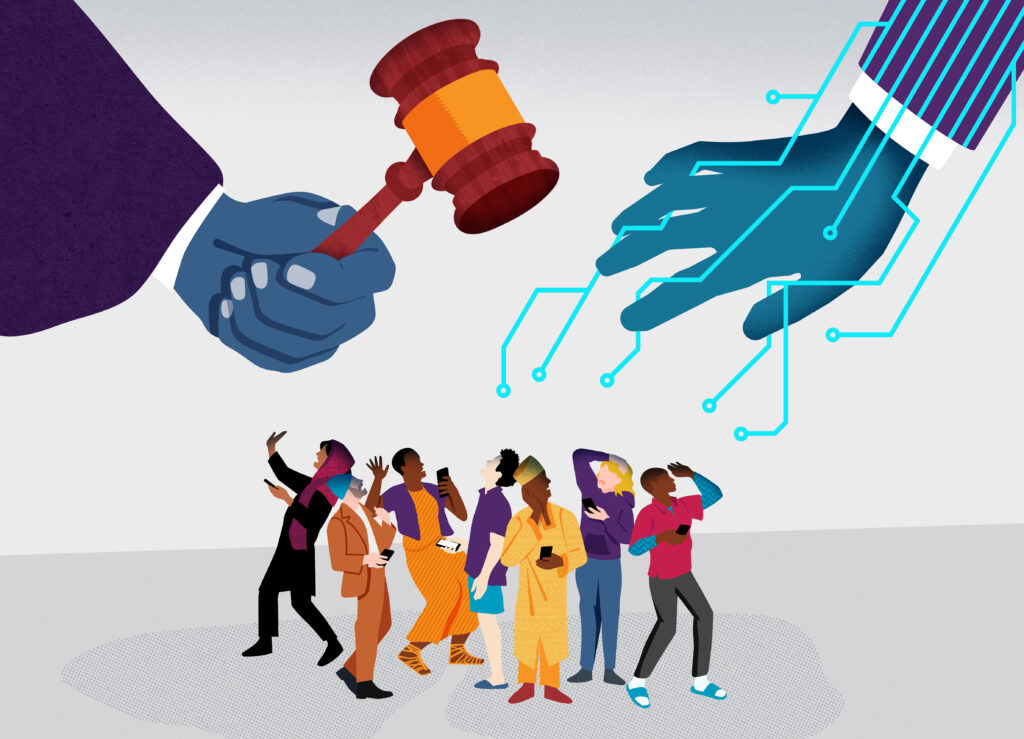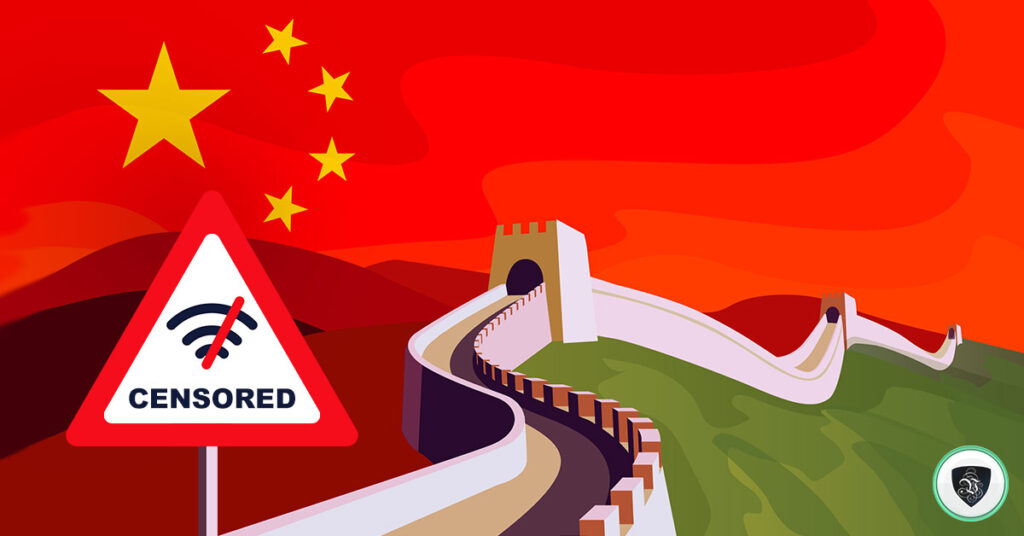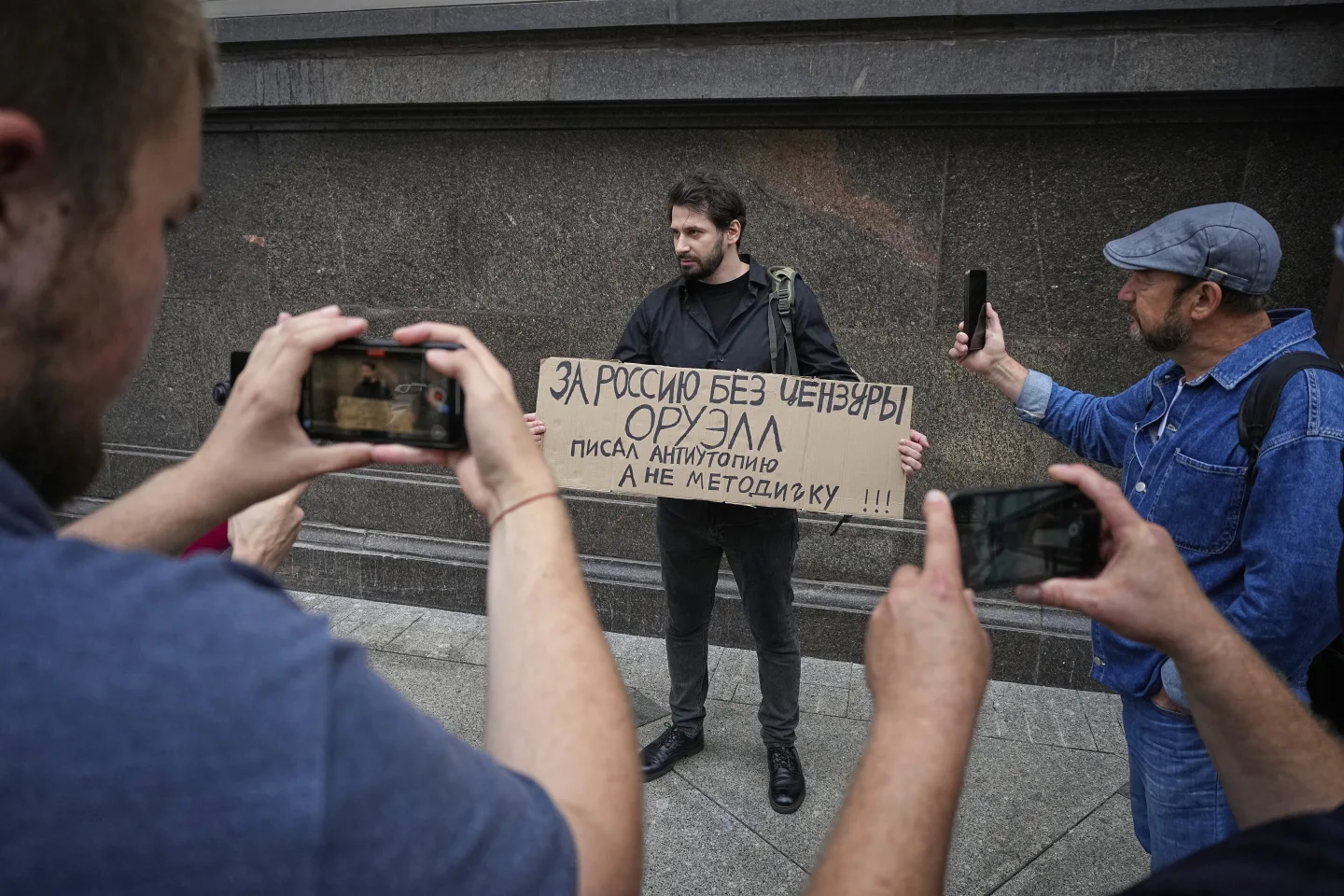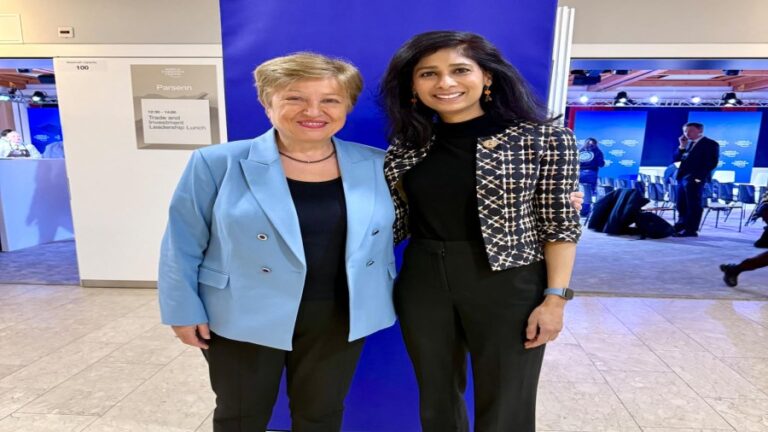
Internet Fragmentation Is Dividing the World
Internet fragmentation is breaking apart the once borderless web, creating competing digital worlds shaped by politics, power, and technology.
For decades, the internet promised global connection. Now, nations are building digital walls, replacing shared platforms with state-controlled networks. This shift is not only about censorship. It marks a deeper transformation: The emergence of separate online ecosystems with their own rules, infrastructure, and cultures.
Internet Fragmentation in Action

China’s Great Firewall blocks global sites like Google and Facebook, while WeChat, Baidu, and Douyin dominate daily life. Russia’s Runet is designed to function without the global internet. Iran pushes citizens toward monitored domestic platforms.
In democratic nations, fragmentation is rising too. The United States is pushing for a TikTok ban, citing security concerns. The European Union enforces strict data sovereignty laws, keeping user data within its borders. These moves accelerate the global drift toward isolated networks.
A Digital Cold War
This growing divide mirrors Cold War politics, but the battlefield is now virtual. The US, EU, and allies form one sphere; China, Russia, and Iran another. Developing nations face pressure to align with one camp or the other.
Parallel tech systems are emerging, Western giants like Meta and Google in one, Chinese companies like Tencent and ByteDance in the other. The division spans hardware, undersea cables, satellites, and trade rules, creating incompatible futures.
Why Internet Fragmentation Matters
Fragmentation threatens free speech, global activism, and journalism. In Myanmar, journalists have lost access to foreign media. Ukrainian activists face sudden platform restrictions. Citizens in restricted networks risk arrest when using VPNs.
It also harms innovation and cultural exchange. The news you see, the apps you use, and the communities you join may soon depend entirely on your geography.
The Road Ahead

Internet fragmentation is unlikely to reverse. Geopolitical tensions, cyberwar fears, and technological rivalry will push nations toward digital isolation. The challenge now is protecting freedom of expression and cross-border communication in a fractured online world.
The internet began as a shared public square. Without careful action, it could end as a patchwork of walled gardens, divided by ideology and power.
This is just one of many pressing global stories we follow closely. For more such articles, stay tuned to The World Times.



